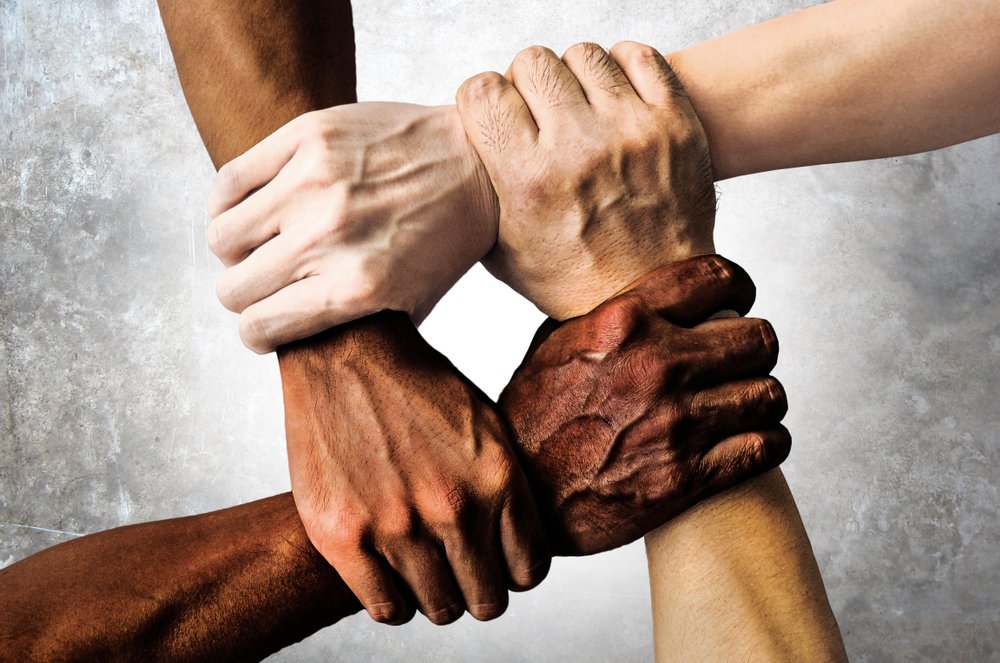Oppression: Blog #3 By Dakota Amaral
Reflection on the reading and two videos:
Reading through the Four I's of Oppression- Ideological, internalized, interpersonal, and institutional, illustrate how systematic injustices persist and reinforce each other. Ideological oppression in a stance from societal believes that justify discrimination, which then lead to shaping how people perceive value and power. Internalized oppression occurs when individuals absorb these beliefs, which then lead to feelings of inferiority of superiority. Moving onto the third one, interpersonal oppression manifests in everyday interactions. For example, micro aggressions to violence while institutional oppression is embedded in policies. Kimberle Crenshaw's concept of intersectionality emphasizes that people with multiple marginalized identities, such as a black woman, face more discrimination that is often overlooked. Luna Malbouz and others highlights that dismantling oppression requires awareness, accountability, and action. By recognizing and addressing these issues, individuals and society can work towards a powerful and impactful change.

Relation to Delpit:
Lisa Delpit connects to the Four I's of Oppression and intersectionality by highlighting how systemic power and dynamics shape education. Ideological oppression appears in schools through dominant cultural beliefs that favor white, middle class norms while delving the knowledge and communication styles of colored students. This then leads to internalized oppression where the colored students may doubt their abilities because of bias situations, while teachers from dominant groups may unconsciously presume harmful assumptions. Interpersonal oppression manifests in everyday classroom interactions, for example, teachers may have lower expectations for their colored students or fail to incorporate diverse material into their coursework. Delpit calls for awareness and systemic change, urging educators to recognize these oppression structures, split diverse voices, and urge teachers to be more open minded before reacting.


Hi Dakota! I agree with the points you have made, especially the point about how ideological oppression leads to internalized and interpersonal oppression in schools. The beliefs of the dominant culture can be dangerous because it causes people to have these negative assumptions and beliefs about certain groups that aren't true, however, they still affect interactions. Most of the time these issues get overlooked, but they need to be addressed and talked about in order to make a change. In the lecture Crenshaw says, "If you can't see a problem, you can't fix a problem." This relates to what you have said about Delpits call or awareness and systemic change. If enough awareness around these issues get brought up in schools then those with power can look for solutions to make a difference.
ReplyDeleteHi Dakota! I like how you brought up how in the school system, children from outside the power of culture will feel as if they are not capable or that they can not be successful in school. This could stem from biased behaviors towards them from teachers, it could be heightened if the student's parents did not complete their own education. This reminds me of the "Imposter Syndrome", as I feel that most students who come from outside of the power of culture, could feel like they are imposters who do not belong in the school system, even if they are exhibiting more than average capabilities.
ReplyDeleteHello. I like how you mentioned how people born into multiple categories of oppression face much more than others that either experience none or one due to the race or gender. I also lie how you mentioned that teachers need to be aware of these kinds of oppression, so they know how to handle and challenge them when they see them.
ReplyDelete